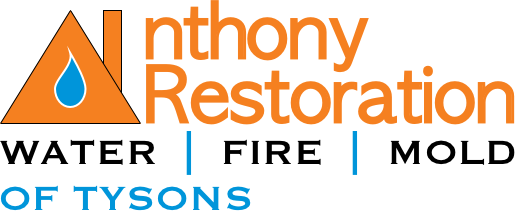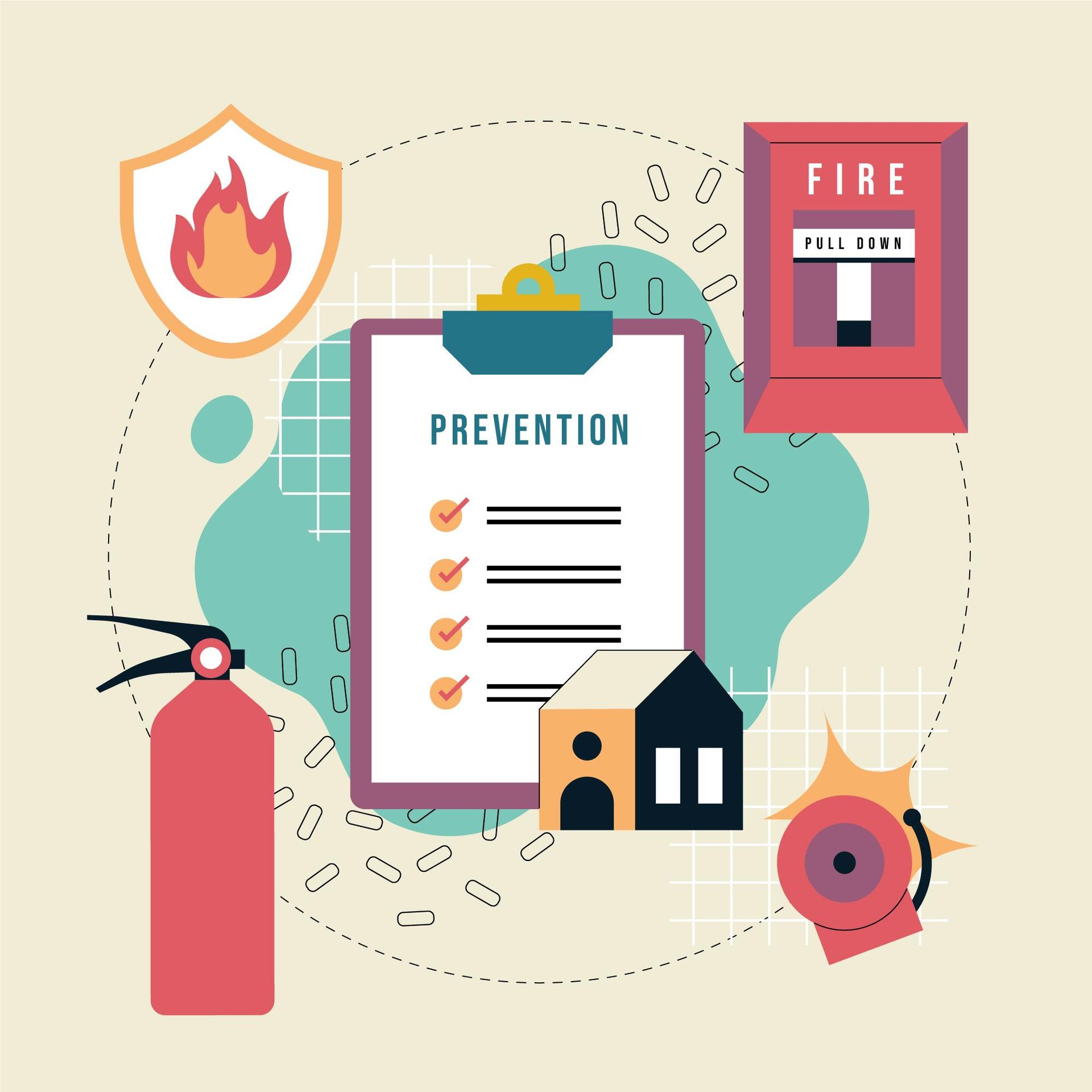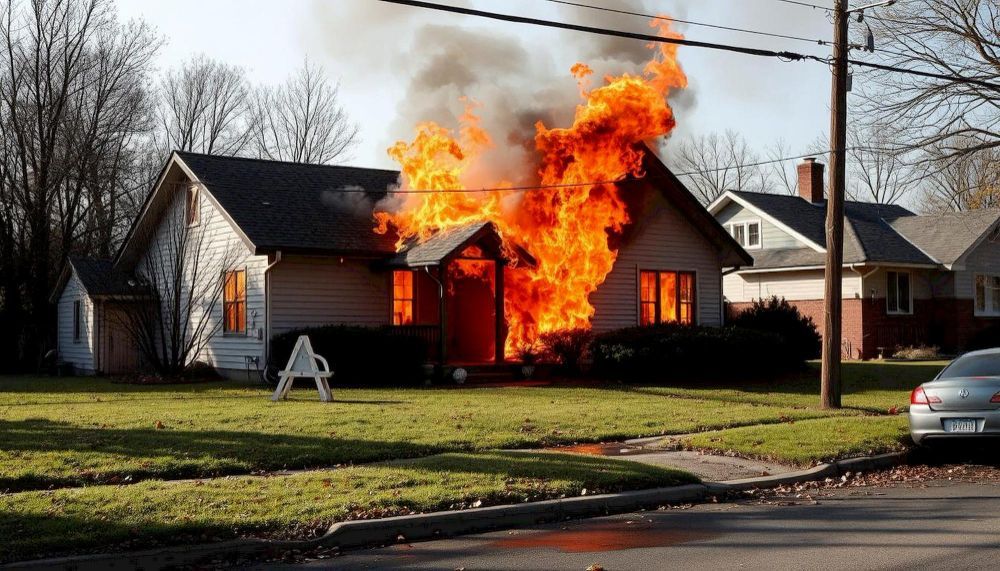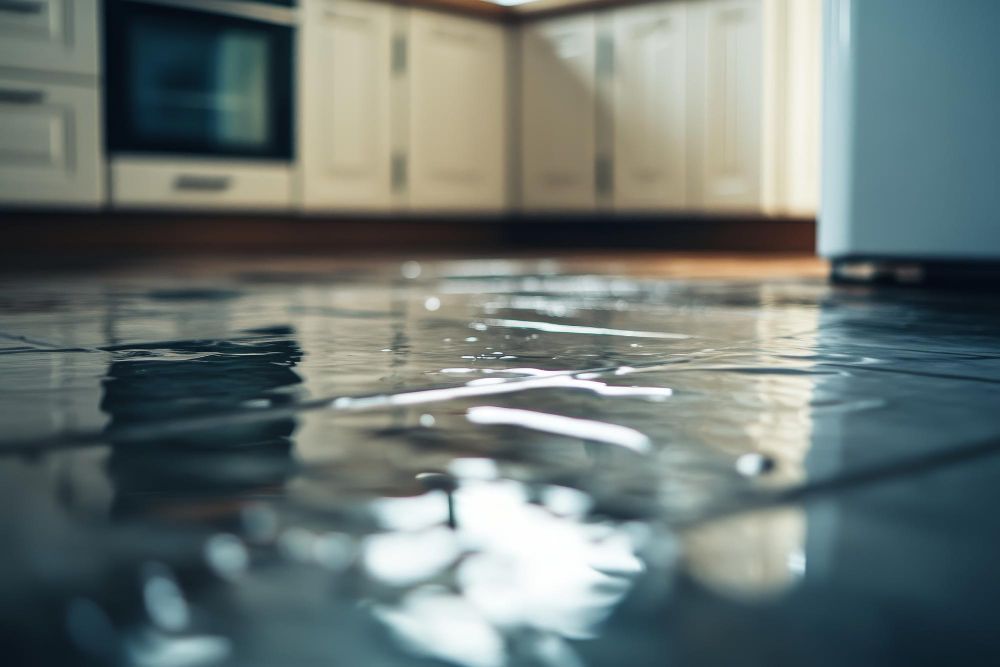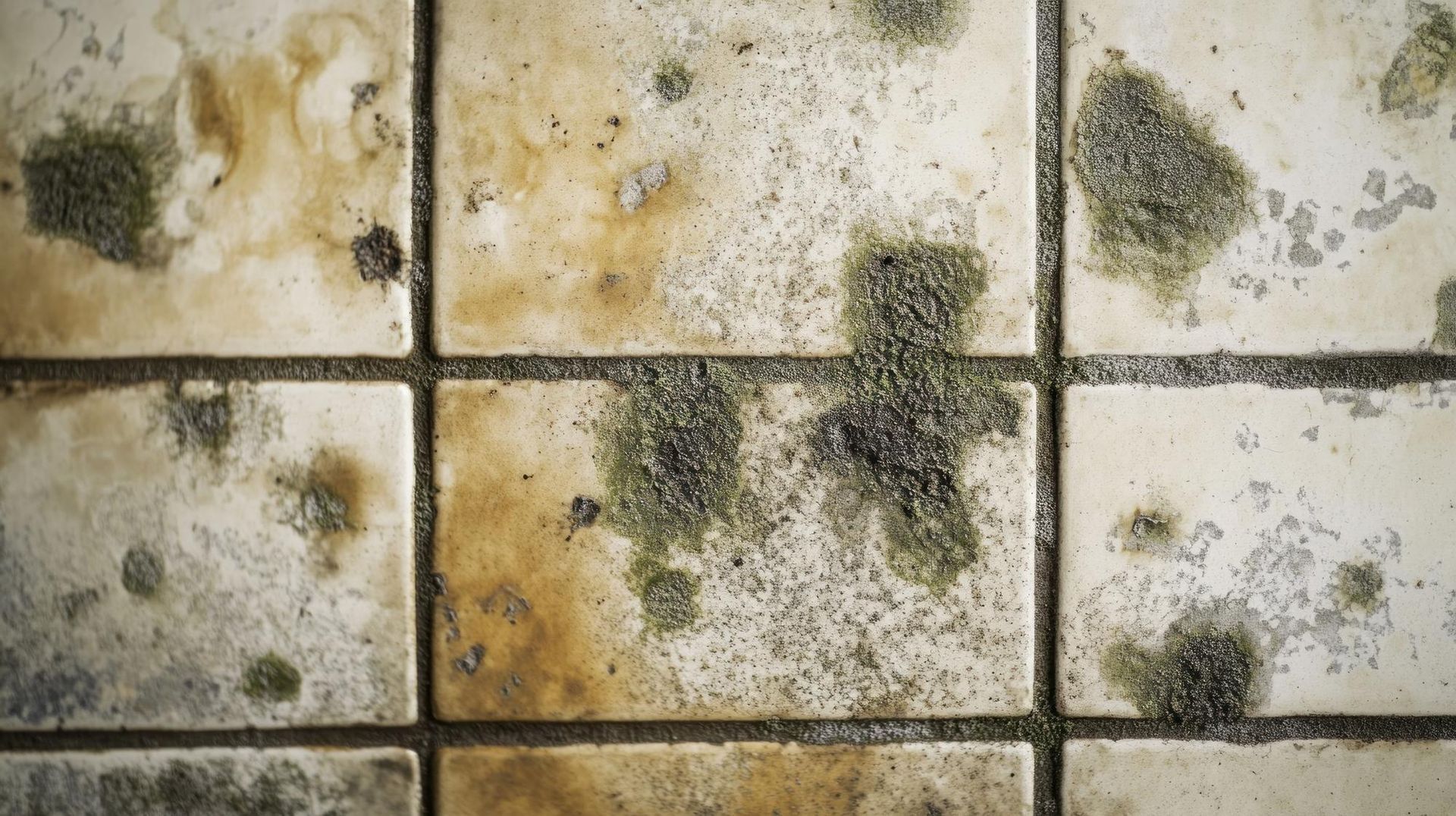Flood Preparedness and Safety: Safeguarding Your Home and Family
Flood Preparedness and Safety: Safeguarding Your Home and Family -Reston, VA

Floods are among the most common and devastating natural disasters, affecting millions of people worldwide each year. Whether caused by heavy rainfall, storm surges, or the overflow of rivers, floods can lead to extensive property damage and pose significant risks to human life. Being prepared for a flood and knowing how to stay safe during such an event is crucial in safeguarding your home and loved ones. In this blog post, we'll explore flood preparation and flood safety tips to help you be ready for this potentially dangerous situation.
Flood Preparation:
- Stay Informed: Keep yourself informed about flood risks in your area and stay updated on weather forecasts and flood warnings. Follow local news and government announcements, and consider downloading weather apps or subscribing to emergency alert systems for timely information.
- Create a Family Emergency Plan: Develop a family emergency plan that outlines evacuation routes, meeting points, and important contact information. Practice the plan with your family members, so everyone knows what to do in the event of a flood.
- Prepare an Emergency Kit: Assemble a comprehensive emergency kit with essential supplies, including non-perishable food, water, first-aid supplies, flashlights, batteries, and important documents. Store the kit in a readily accessible location, and ensure all family members are aware of its whereabouts.
- Elevate Electrical Systems: Elevate electrical outlets, switches, and appliances above potential flood levels. Consider installing sump pumps and backflow valves to prevent water from entering your home through drains and toilets.
- Secure Outdoor Items: Move outdoor furniture, gardening equipment, and other belongings to higher ground to prevent them from being swept away by floodwaters.
Flood Safety:
- Evacuate if Instructed: If authorities issue an evacuation order, do not delay. Follow the designated evacuation routes and head to the specified safe locations. Avoid driving through flooded roads, as it can be difficult to judge the depth of water and currents.
- Avoid Contact with Floodwater: Floodwaters may be contaminated with sewage, chemicals, and debris, posing health risks. Avoid walking or swimming in floodwaters and keep children and pets away from them.
- Turn Off Utilities: If flooding is imminent, turn off gas, electricity, and water at the mains to reduce the risk of accidents and electrocution.
- Seek Higher Ground: In case you cannot evacuate, move to higher floors or climb to the roof of your home to stay above floodwaters. Call for help and signal your location to rescuers.
- Listen to Authorities: Pay attention to local authorities and emergency services for updates and instructions during the flood. Avoid unnecessary risks and wait for the all-clear signal before returning home after the floodwaters recede.
Flood preparation and flood safety are essential aspects of protecting your home and loved ones during a flood event. By being proactive in your preparations and following safety guidelines, you can reduce the risks associated with floods and ensure the well-being of your family. Remember, staying informed, having a plan, and taking appropriate actions can make a significant difference in managing the impact of a flood on your life and property. If your home been affected by a flood, give Anthony Restoration of Tysons a call to help with the restoration process!
